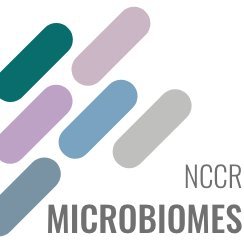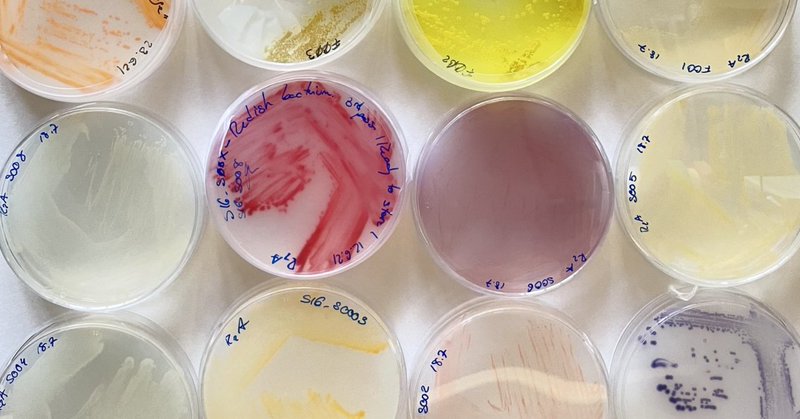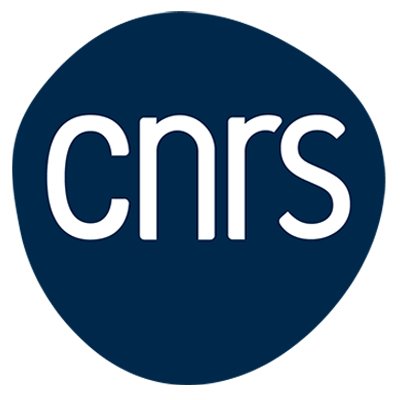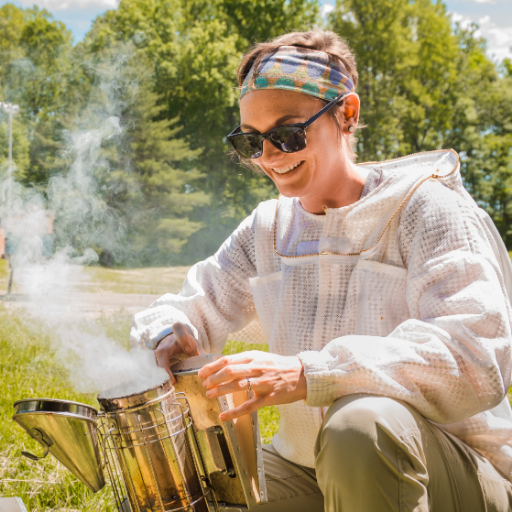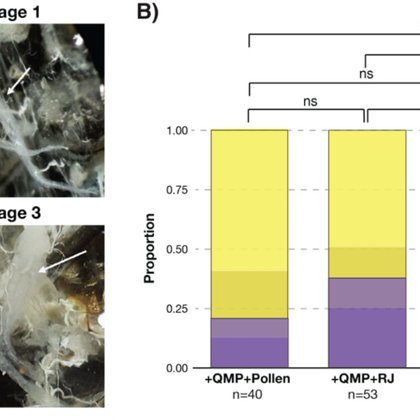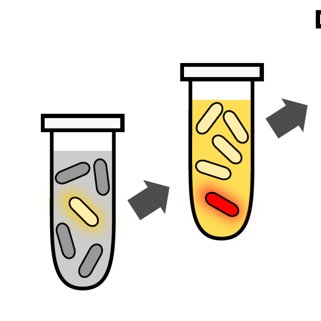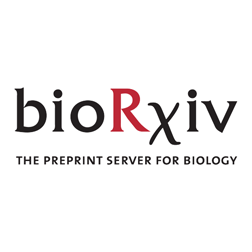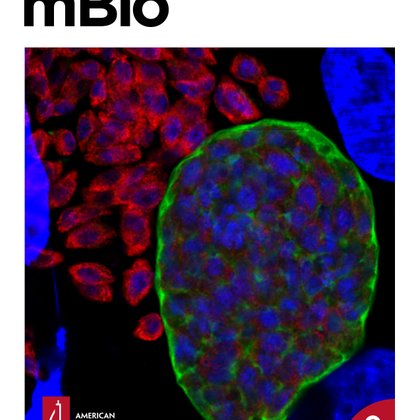
Philipp Engel
@PEngellab
Followers
2K
Following
910
Media
25
Statuses
758
https://t.co/pceEAVfk4n
Lausanne, Switzerland
Joined November 2016
We are looking for a bioinformatician with expertise in microbiome data analysis to join our team at the University of Lausanne. The successful candidate will lead and support research projects within https://t.co/p1qAJCJLjN. More details here: https://t.co/MGuavhTeJa .
nccr-microbiomes.ch
3
46
76
We are looking for a postdoc in bioinformatics interested in broad questions about the ecology and evolution of host-associated microbiomes using social bees as model. Please share with potential candidates and if interested apply here:
0
19
26
📢Job alert! The @NCCRMicrobiomes is recruiting a new Financial administrator. Thanks for reposting 😃 More info and application link here👇 https://t.co/CynVSFLXws
nccr-microbiomes.ch
0
5
9
Un grand merci à @CNRSbiologie et la fondation CNRS pour ce prix et l'organisation de cette cérémonie! 👏Félicitations aux autres lauréats ! Ce fût de belles rencontres 🙂
📅 La cérémonie de remise des prix @CNRSbiologie et la Fondation CNRS s’est tenue ce mercredi 6 novembre à Paris ! Découvrez les 7 lauréats qui font avancer la recherche en biologie. 🏆 Portraits des lauréats | https://t.co/AndWBrxFeL
#Distinction #Biologie
4
2
15
✨#Postdoc opportunity in my lab @CbiToulouse ! Join an exciting @ERC_Research funded project on the microbiota-gut-brain axis in bees. 👉Apply: Portail Emploi CNRS - Offre d'emploi - Postdoctorat (H/F): Impact du microbiote intestinal sur la cognition des abeilles
2
63
153
I am very very proud the announce that my 2024 summer REU student is the 1st author on our latest publication! And, @PatrickGallag_ is co-author on the paper!!! BIG congrats to them both! Please check it out here!
link.springer.com
Background Gut microbes are important to the health and fitness of many animals. Many factors have been shown to affect gut microbial communities including diet, lifestyle, and age. Most animals have...
1
6
24
Catch my talk titled "Evolution and Functional Potential of Gut Microbiota in Honeybees: A Comparative Metagenomic Approach" at MVIF 33 @MicrobiomeVIF with a Keynote talk by Prof. Seth Bordenstein @Symbionticism on 12 Nov (and 14 Nov Pacific-time replay)
0
3
6
Our preprint "Full Factorial construction of microbial communities" was peer reviewed. We describe a simple protocol for assembling all possible combinations of up to 10-12 different microorganisms using standard lab equipment. Hopefully useful to others! https://t.co/Btq9LTG02T
0
36
118
Today, I reflect on the legacy of @IGCiencia over the last 60 years and what it has meant for research and the scientific community in Portugal and beyond. IGC was never just a place—it was a pioneering model. #IGCLegacyLivesOn 1/5
11
50
194
Don't miss this opportunity if you are a PhD student or Postdoc in a 🇨🇭 university!
🚨 New deadline for the #RigiWorkshop 2025 Open to #PhD students and post-docs in #Biology and #Chemistry, this workshop is a unique opportunity to explore microbiomes. Register until 30 October 2024 👉 https://t.co/VM4sCIw4vZ
0
3
9
This work would not have been possible without @snsf_ch SPIRIT grant for collaborations and many amazing co-authors. First and foremost: @SzeHueiYek and @APallujam our longterm collaborators in Malaysia. But also Axel Brockmann and his team in India, and @FlorentMazel @FBM_UNIL
0
1
2
More generally, it advances our understanding of host specificity in gut microbiota. Among others it shows that apparently conserved gut microbes have not co-diversified with their hosts, but are actually susceptible to change over evolutionary time.
1
0
1
Our results form the basis for more detailed functional characterization of bacterial gut symbionts previously not recognized as important members of the honeybee gut microbiome. It vastly expands our knowledge of bee microbiota mostly obtained from the managed Western honeybee.
1
0
1
We found that these host-specific evolutionary trajectories have functional consequences: Giant honeybees were the only bees harboring divergent strains of the genus Dysgonomonas encoding many genes for pectin degradation and contributing to fiber breakdown in the bee gut...
1
0
1
Differences in host specificity seems to depend on host rather than symbiont identity: Dwarf honeybees had mostly generalist bacteria in their guts, while the Western honeybee or the Giant honeybee contained many specialists - surprising given the similar ecology of these bees.
4
0
2
...at the individual bacterial level the communities were composed of both shared and host-specific members. Host specificity sometimes only emerged at the strain-level and we found no evidence for co-diversification, suggesting symbiont loss/gain/host switches during evolution.
1
0
2
We recovered 1,959 MAGs of 150 bacterial species many of which have not been cultured or for which no genomes are available. Although the gut microbiota of honeybees is dominated by the same genera, we found that the communities of the five species were host-specific. Yet...
1
0
1
New preprint on bioRxiv https://t.co/B5mhzBlHIs.
@AiswwaryaPrasad analyzed 200 metagenomes 🦠of five honeybee species 🐝, offering new insights into gut bacteria evolution and uncovering the functional potential of the microbiota of key pollinators in their native range. 🧵:
biorxiv.org
Studying gut microbiota evolution across animals is crucial for understanding symbiotic interactions but is hampered by the lack of high-resolution genomic data. Honeybees, with their specialized gut...
1
15
38
New @mbiojournal: a commentary by me and @kasie_raymann on @JoanitoLiberti @PEngellab's wonderful recent paper on honey bee behavioural maturation and the microbiome 🐝🐝🐝 https://t.co/9ULQNdefJQ
journals.asm.org
It is now well established that the gut microbiota can make drastic contributions to the metabolism, physiology, and behavior of animal hosts (1). In the case of the honey bee (Apis mellifera),...
1
9
25


